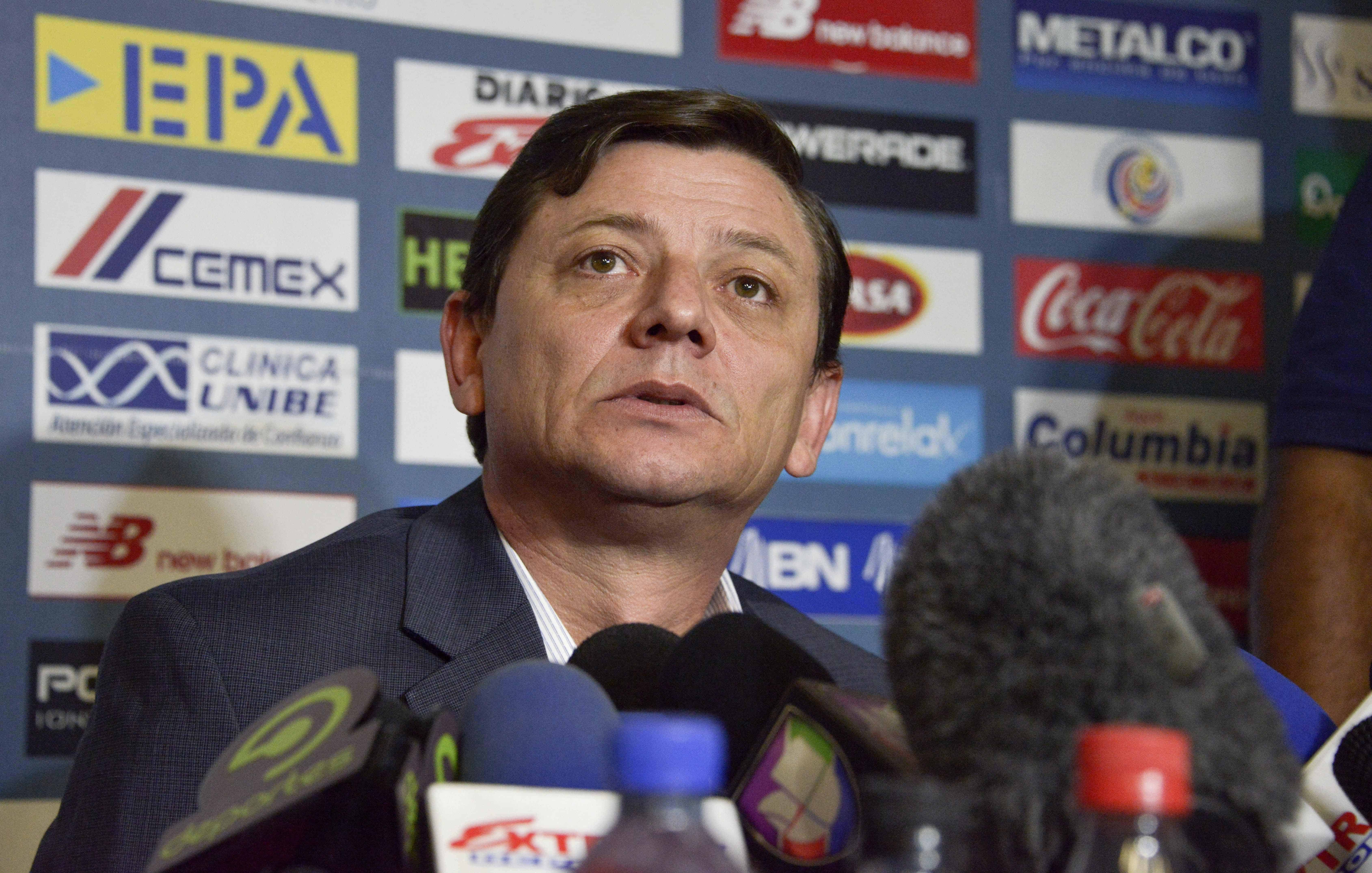See also: Costa Ricans react to FIFA scandal like every other scandal: with memes
The leadership of Costa Rican football has circled the wagons around their embattled president, Eduardo Li, after Li was arrested in Zurich, Switzerland, Wednesday on charges of racketeering, wire fraud and money laundering.
Jorge Hidalgo, acting president of the Costa Rican Football Federation, FEDEFÚTBOL, told the website Amelia Rueda that U.S. prosecutors are “mistaken,” and that there was nothing inappropriate about a $27,500 wire transfer cited in the indictment as proof of wrongdoing.
The indictment unsealed in Brooklyn, New York, on Wednesday alleged that Li and the sports marketing company Traffic Sports USA conspired in a scheme that involved offering and accepting bribes, wire fraud, conspiracy to commit wire fraud, and money laundering to grant exclusive commercial rights to World Cup qualifying games for the Costa Rican national football team, la Sele. Li allegedly asked for a six-figure bribe as part of the negotiations with Traffic Sports USA.
Hidalgo said that the $27,500 was part of a regular payment made by Traffic Sports USA to FEDEFÚTBOL according to the contract negotiated by Li granting the company exclusive broadcast rights to Sele games leading up to the 2018 World Cup.
“This is neither a bribe nor has the Federation issued a check to Eduardo,” Hidalgo told AmeliaRueda.com
The acting FEDEFÚTBOL president said they have requested receipts of the transfers from Costa Rica’s Banco Lafise. On Thursday, officers from the Judicial Investigation Police arrived at the San Rafael Proyecto Gol, the FEDEFÚTBOL headquarters and training facility, where they were shown a copy of the Traffic Sports USA contract signed by Li.
“It’s obvious that the American authorities were mistaken,” Hidalgo said.
Costa Rica’s Acting Deputy Prosecutor Celso Gamboa announced Wednesday that the Prosecutor’s Office would open a criminal probe into possible money laundering related to the alleged bribery scheme.
But security analyst Paul Chaves had harsh words for any money laundering investigation in Costa Rica related to the FIFA scandal.
“It’s useless; a waste of time,” Chaves told The Tico Times.
The analyst said that successful money laundering prosecutions are rare in Costa Rica, and furthermore, the country’s penal code is outdated at providing tools to prosecute illicit money flows.
“The largest money laundering operation in the world was operating out of here and investigators had no clue,” Chaves said, referring to the $6 billion Liberty Reserve case in May 2013.
Costa Rica cleared the Organization for Economic Co-operation and Development tax haven blacklist in 2011. OECD reported at the time that Costa Rica’s fiscal transparency practices met international standards. Following the Liberty Reserve case, however, the country was once again listed as a tax haven by the French government in 2013.
Sponsors so far have not abandoned FEDEFÚTBOL, according the newspaper La República, in a story on Thursday. Among the federation’s sponsors are Plycem Cement, Coca-Cola FEMSA, and Hyundai.






